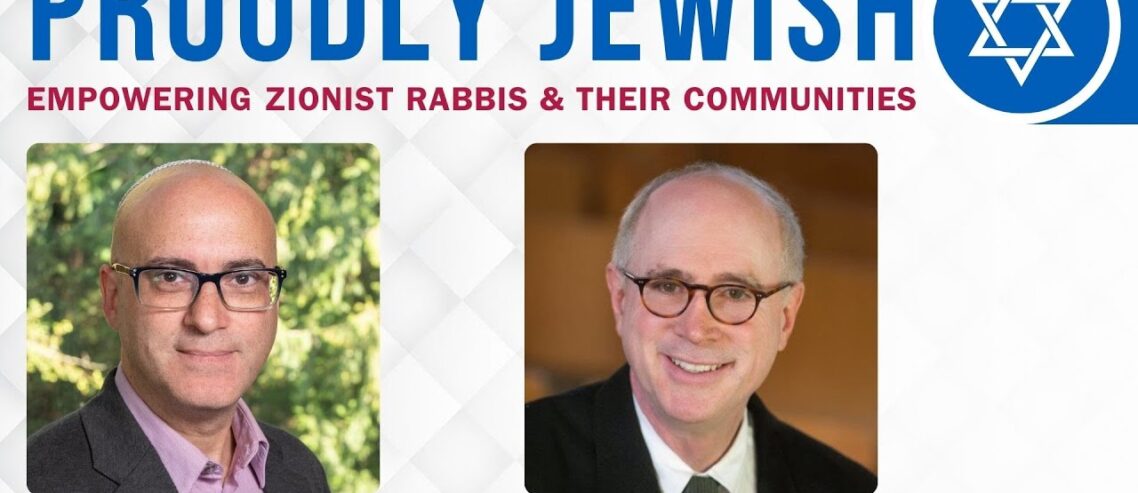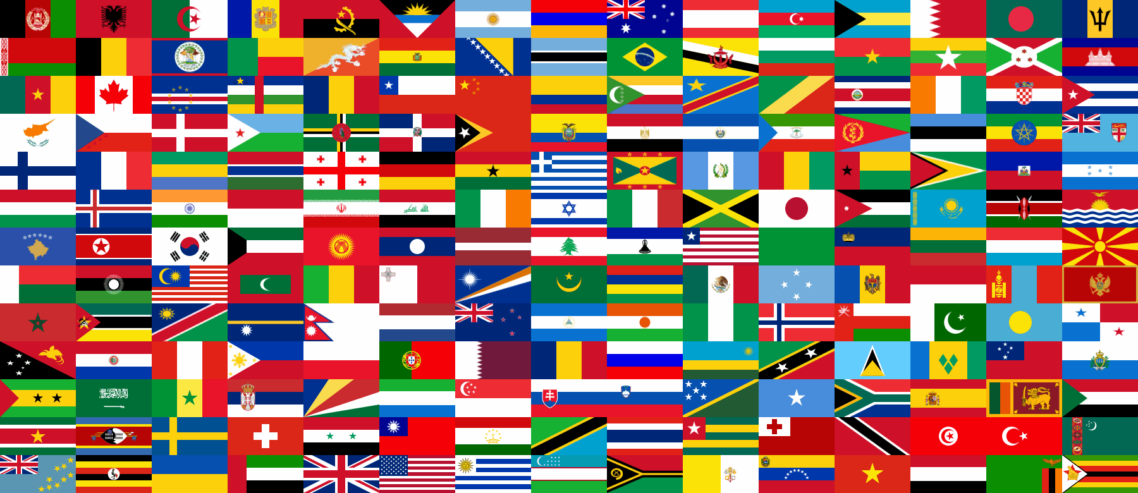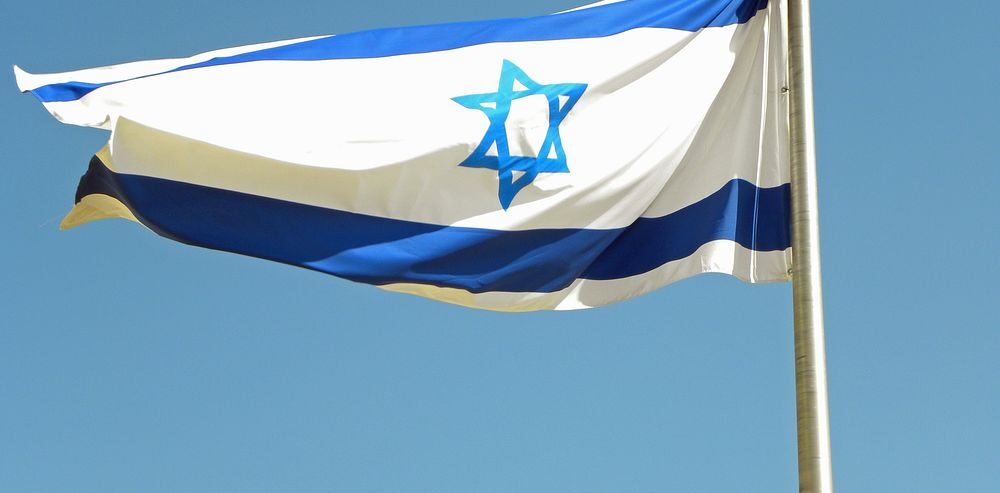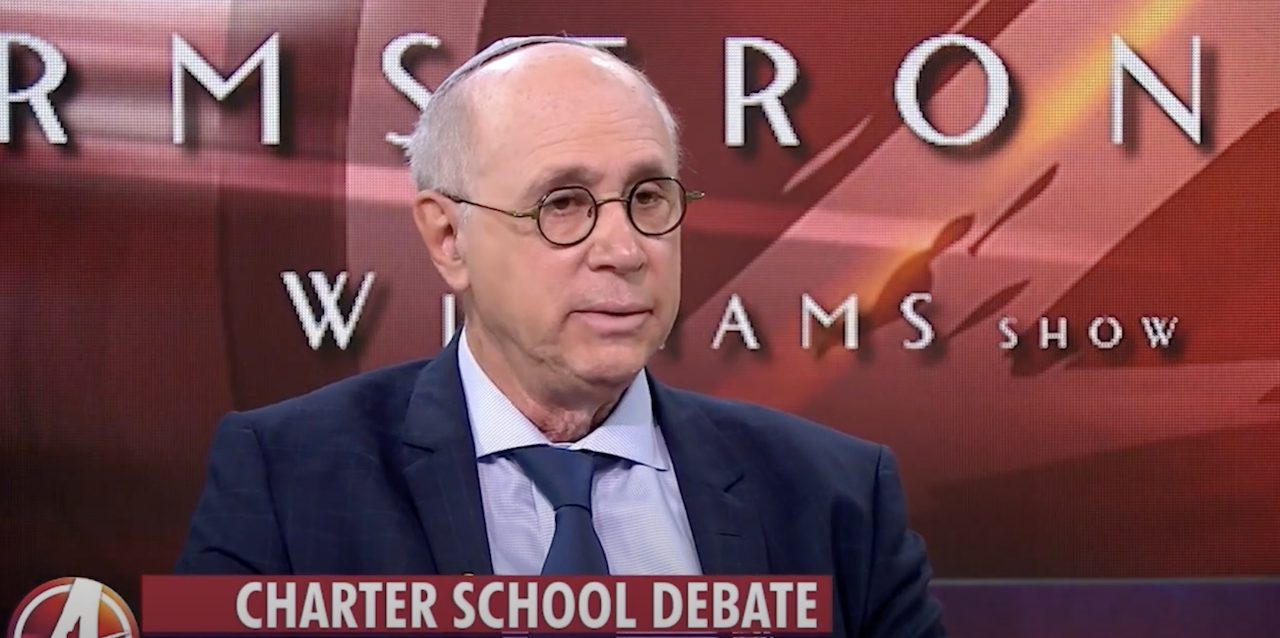I decided to become a rabbi because of my concern, perhaps obsession would be a more accurate description, with the survival of the Jewish people. It is a concern that has not diminished since being ordained in 1979. One way this is reflected and evident is in the prayer that I composed and which our b’nai mitzvah read when they stand before the Aron HaKodesh, the Holy Ark before they are about to read from the Torah.
The children say,
“…I pray that I will be worthy of the beautiful tradition that has been transmitted to me by my family and teachers and that I will do my part to maintain and perpetuate our heritage and people…”
Sometimes the kids stumble over the word “perpetuate”, but I have not changed it because I feel it is important for them to understand and to impress upon them that this is now their obligation, their inheritance, their obligation, as the prayer states, to perpetuate and ensure the continuity of the Jewish people. They need to recognize that they still have much to learn about Judaism so that, as they proclaim, “Its teachings will thereby be a guide for my path, my actions, and the decisions I make.”
(Incidentally, in all the years of b’nai mitzvah, only one child has ever questioned and said to me. “I don’t remember agreeing to this. It sounds more like something a 30 year old man would say and not a 13 year old kid.” That child, would, of course, be my granddaughter, Olivia who said that – jokingly, I hasten to add.)
As Elie Wiesel wrote, “To be a Jew is to be offered a gift.”
I believe that to be a Jew is interesting and compelling, for among other things it is intellectually stimulating and challenging. It demands of us, or at least offers the opportunity to grapple with sophisticated, deep philosophical concepts. It is a way of life which offers meaning, heightens life’s milestones and gives them a spiritual context, while seeking to find a balance between the touchpoint of conflicting paradoxical ideas.
Quoting R. Jonathan Sacks, Rabbi Meir Soloveichik wrote in Commentary magazine, “Several centuries of Western thought have left us with the ideas that when we choose how to live, we are on our own. Nothing in the past binds us. We are whoever we choose to be”.
Soloveitchik notes that Sacks adds, “It is against this idea that Jewish life is a sustained counter voice. To be a Jew is to know that this cannot be the full story of who I am. It is a melody rather than a sequence of disconnected notes. A painting is something other than a random set of brushstrokes. The part has meaning in terms of its place within the whole, so that if history has meaning, then the lives that make it up must in some way be joined to one another as characters in a narrative”.
It means being part of a people that, despite all we have given the world, all the contributions we have made to make the world a better place, to teach all humanity our sacred obligation to treat all of God’s creatures with respect and dignity, all we have done to teach about caring for the environment, God and each other, despite all we have done, whether, as individuals or as a people, whether by our sages immersed in Judaism or secularists trying to escape and distance themselves from their heritage, despite wanting little more than to survive, the desire on the part of the outside world to extinguish the light of Judaism remains strong.
As we have seen in recent months, that hatred has not gone away. In fact, it appears to be more prevalent and stronger than ever. It seems to have taken on a new life.
We need to recognize that we may never succeed in extinguishing the embers of hatred of Jews, for they will always simmer, even beneath the surface when not out in the open. But the answer to those who want us to disappear is to deny them the satisfaction of achieving their goal.
We dare not surrender or submit to intimidation. We must resist the temptation to succumb to fear, the temptation to forego and abandon our observance.
I often wonder and seek to understand the source of the strength, where that will to live comes from, the tenacity to resist all the attempts throughout the millennia to obliterate us. Perhaps the secret is found in something I once read somewhere, that while a survey of Jewish history may lead one to have a pessimistic outlook, when one looks at life from the perspective of the Jewish religion, one comes away hopeful and optimistic.
And I think of my obligation and what I owe those who came before me, those people I never knew, but who made sacrifices so that I would be here, so that Judaism would survive.
People connect to Judaism on many different levels and through different points of entry. Some are inspired by a desire to combat anti-Semitism, the Holocaust, or Israel. It could come from the intellectual, emotional, or spiritual satisfaction that it offers. It could be through food, Jewish humor, pride in Jewish accomplishments, an appreciation of Jewish history, or the beauty of Jewish ethics and the call to work for tikun olam, a better world. There are those who feel a sense of responsibility for our fellow Jews – those who came before us, those who will come after us, those Jewish communities elsewhere, around the world.
Regardless of the source of the connection, whatever it may be, as my generation used to say, “whatever turns you on” — deepen that connection. But keep in mind that without Jewish identity, without Jewish ritual and living a life devoid of Jewish traditions and observance, there is no hope of maintaining and transmitting a connection to Jewish sources, the Jewish people, or to Israel.
I am fascinated by the dance into and out of the society that surrounded us over the ages, and the diverse places we lived in throughout the Diaspora. Like a moth drawn to the fire, sometimes singed by it, sometimes consumed, sometimes repelled; Sometimes influenced by it, sometimes resenting it, sometimes wanting to embrace and be part of it, sometimes allowed entry only to rise to heights unexpected, sometimes shamed and kept out, sometimes resisting, sometimes adapting and integrating it, sometimes remaining apart and aloof.
The late Rabbi Jonathan Sacks once wrote, “To be a Jew is to be part of the most remarkable story ever lived by any people, covering more countries, more adverse circumstances, more triumphs and tragedies than any other story. Every one of us has a chapter to write in that story.”
Through it all, we have found a way to keep Judaism alive. It is incumbent upon us, the most recent chapter in the story of the Jewish people to do so in a way that ensures authenticity and continuity, as we maintain coexistence with the host society, but without being overcome by acculturation, assimilation or abandonment.
Elie Wiesel put it this way, “The mission of the Jew was never to make the world more Jewish, only more human”. That is what it means to be a Jew.
Judaism is an eternal conversation, across the ages, between us and the text; between us and those who came before us, between us and God. It is the eternal quest for that connection linking us to those who came before us and the Eternal Divine One.
Rabbi Larry Hoffman quoting Eugene Borowitz said that belief in God needs to be more than just a concept or idea. Rather than ask if a person believes in God, the more appropriate question should be: Is God real in your life, for God becomes real through experience.
Last night I told the story of a young man in my confirmation class who was influenced by a story from the Talmud I had taught. The story was about Rabbi Shimon ben Shetach, who insisted that his students return a precious jewel which was found in the saddle of a donkey they had bought for him because it was not part of the deal, and the person who sold it to them was not aware of the jewel being in the saddle. My former student from my previous congregation wrote to tell me, some 40 years later, it not only influenced him, but since he had shared it with his kids, led his daughter to do the right thing, and return money her employer mistakenly paid her. This is what it means when God is real in your life, and what I had in mind when our b’nai mitzvah students say that Judaism’s ethics and teachings will guide their actions and the decisions they will make.
While we do not subscribe to having a victim mentality and do not use discrimination, persecution or prejudice against us as an excuse, the truth is that throughout history we have been powerless victims, subject to the capricious whims of the majority. The world may have liked us better when we were powerless victims, but it is not as if they did anything to protect us.
As victims of prejudice and mischaracterization, there are some, including some among us, who are uncomfortable when a Jew fights back. The ultimate chutzpah is that after centuries of evictions, persecutions, misrepresentations, and forced conversions, with no country of our own, no independent power of our own, we are accused of being privileged. Although we are the original aboriginal people, and were driven out of countries, were not sent by any other nation — because we have returned to our historic homeland, some accuse us of being colonizers. It is not as if Jews were sent to Israel on behalf of any other nation, or that we came to exploit natural resources to return the spoils to another country. This does not prevent our detractors from making this libelous and other false accusations and slanders against the Jewish people and Jewish nation.
The conflict between Israel and the Palestinians is not about land. If it were about land, the Palestinians would have accepted the offers of 1948, Oslo, and countless other times they were offered a homeland. If it were a simple land deal, trust me, we Jews would have known how to make the deal happen!
Unfortunately, there are those among us today, as there have always been, who identify with those who seek our destruction. They cherry pick and cite Jewish texts to support their conclusions. They quote Hillel, “If I am only for myself, what am I?” But they forget that the first part of Hillel’s statement was, “Im ein ani lee, mee lee: If I am not for myself, who will be for me?”
Love of Israel has been a central focus of my rabbinate. It is because of my belief in the centrality of the notion of peoplehood, and of ahavat yisrael, love of the Jewish people as a crucial element of what it means to be a Jew.
Jewish texts cannot be used to justify actions that harm the Jewish people. As Moshe Rabbenu, Moses our teacher showed when he broke the tablets of the law when he saw the Jewish people dancing around the Golden Calf to spare them from the wrath of God, Jewish lives are more important than Jewish texts.
I do not love Israel because she is perfect, nor do I need Israel to be perfect for me to love her. I reject the notion that the only way to engender affection for Israel in young people is by criticizing her. As I have said to colleagues, our voices of criticism of Israel must never be louder than our expressions of love.
So how do we ensure the survival of Israel? What can we, living in the Diaspora do to strengthen Israel? We do so by strengthening our Judaism. Golda Meir was asked this question in 1973. When asked what Jews around the world could do to support Israel, she gave a two word answer. She said, “Stay Jewish”.
A story is told in the book “Merchant Princes”, which chronicles the history and development of the great department stores, most of which were started by poor Jewish immigrant peddlers who came to America in the 19th Century. The founder of one of those great department stores came in one day and saw that the store was closed. He asked his grandson, who now was in charge of operations what was going on. He was told that it was so that every department could take inventory (I still recall the days before computerization when this was done once a year, usually the end of January.)
As he saw everyone busy working, calculating and tabulating, he called his grandson into his office and opened his desk drawer. He took out a few small, simple things – some buttons, some thimbles, and some knickknacks and other things. He said to the young man now entrusted with running the company, “This is the inventory.” Pointing to all that now encompassed many floors he said, “Everything else that you see here, that is the profit.”
We started from humble beginnings, as slaves in Egypt. Many of us can trace our origins to immigrants who came here with little more than a hope and a dream. They came seeking refuge from persecution, hoping to find a place where their offspring would be able to grow up free, mach a leben, to make a living, and to make a contribution to what they called the Goldene Medina to show their gratitude for the opportunity afforded them.
Look at all we have achieved. It is the profit. It is what was built from those humble beginnings.
A story is told that a Hasid once came to his rebbe and was excited to tell him, “Rebbe, I have had the same dream three nights in a row. Tell me, what does it mean? For the past three nights I dreamt that I am a rebbe of 200 Hasidim, 200 followers.”
The learned rabbi listened and when his young disciple finished speaking, quietly responded, “Until 200 Hasidim have a dream that you are their rebbe, it means nothing.”
And so, on this shabbat, as I look back and reflect on my 45 years as a rabbi, and at B’nai Tzedek, the synagogue I founded 36 years ago, I thank you for helping to allow me to make my dream become a reality.











